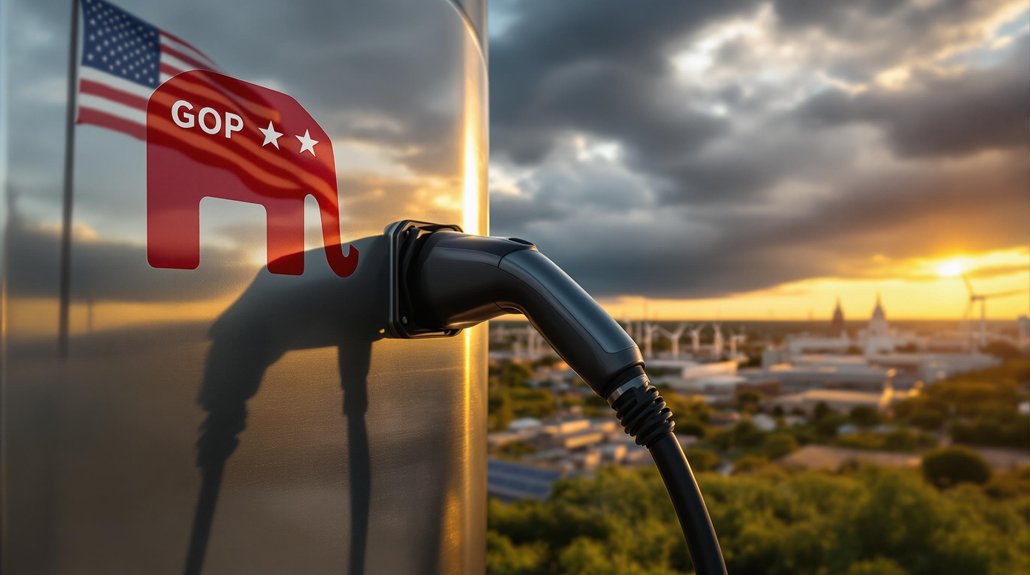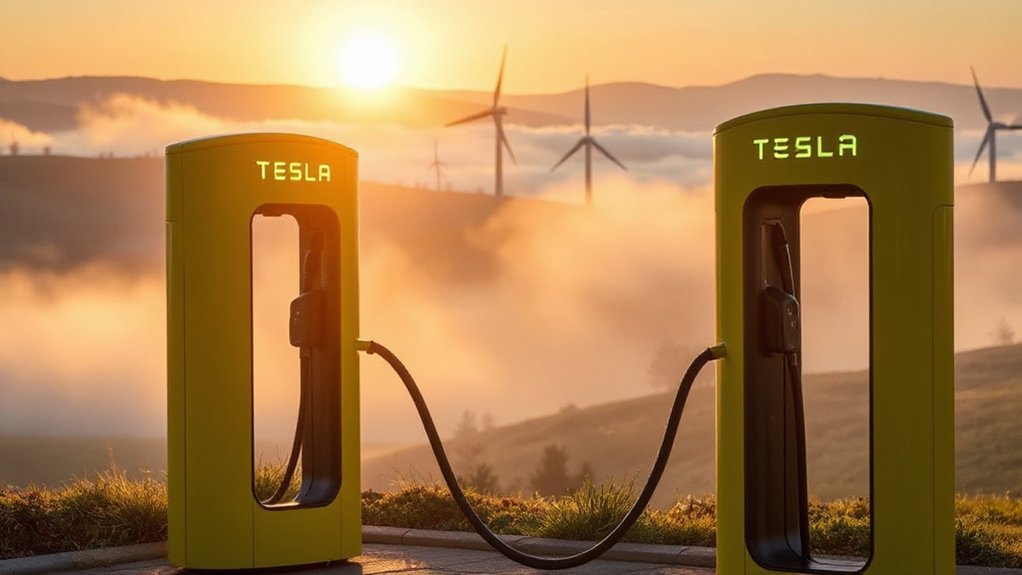Republican lawmakers are pushing to eliminate the $7,500 federal tax credit for electric vehicles. This effort faces internal division, with 21 House Republicans supporting energy incentives. Critics argue customers should choose vehicles without government intervention, while supporters worry about job losses in EV manufacturing states and giving China a competitive edge. Some GOP members from auto-producing states seek compromise solutions. The debate highlights tension between political ideology and economic interests in automotive communities.
As Republican lawmakers push to eliminate electric vehicle tax credits, they’re facing a difficult political balancing act. Trump’s shift team aims to cut the $7,500 consumer tax credit for EVs. Some GOP senators have gone further, proposing legislation to end these incentives and add a $1,000 fee for electric vehicles.
These credits are part of the Inflation Reduction Act, which includes about $1 trillion in climate and clean energy provisions through 2031. Many Republicans view these as government overreach that unfairly favors certain technologies. They argue the market should determine which vehicles consumers buy without government intervention.
The market, not government handouts, should decide what cars Americans buy.
The current credits offer up to $7,500 for new electric vehicles and $4,000 for used ones. Without these incentives, EVs would become more expensive for average Americans, potentially slowing adoption rates. Industry experts warn this could have a “chilling effect” on investments in EV manufacturing.
Not all Republicans support cutting the credits. A group of 21 House Republicans signed a letter backing “sector-wide energy tax credits.” GOP lawmakers from states with EV factories and battery plants worry about potential job losses. They’re pushing to maintain incentives that benefit their constituents.
The situation is complicated by the fact that many Republican-led states have invested in projects that benefit from these tax incentives. Removing them could hurt Republican voters in states with growing EV manufacturing sectors.
Republicans are considering using budget reconciliation to cut these credits. Some moderate GOP members are seeking compromise through a “reasonable glide path” for the incentives rather than immediate elimination.
There’s also concern about international competitiveness. Some warn that eliminating these credits could give China and other countries an advantage in EV manufacturing, affecting America’s position in the global auto industry. The credits currently require North American assembly for eligible vehicles, supporting domestic manufacturing jobs.
As negotiations continue within the Republican Party, the future of EV tax credits remains uncertain, with potential changes coming in 2025 or beyond. In California, Governor Gavin Newsom has already announced plans to provide state-level rebates for EVs if the federal tax credit is eliminated, highlighting the emerging state-level resistance to federal policy changes.









